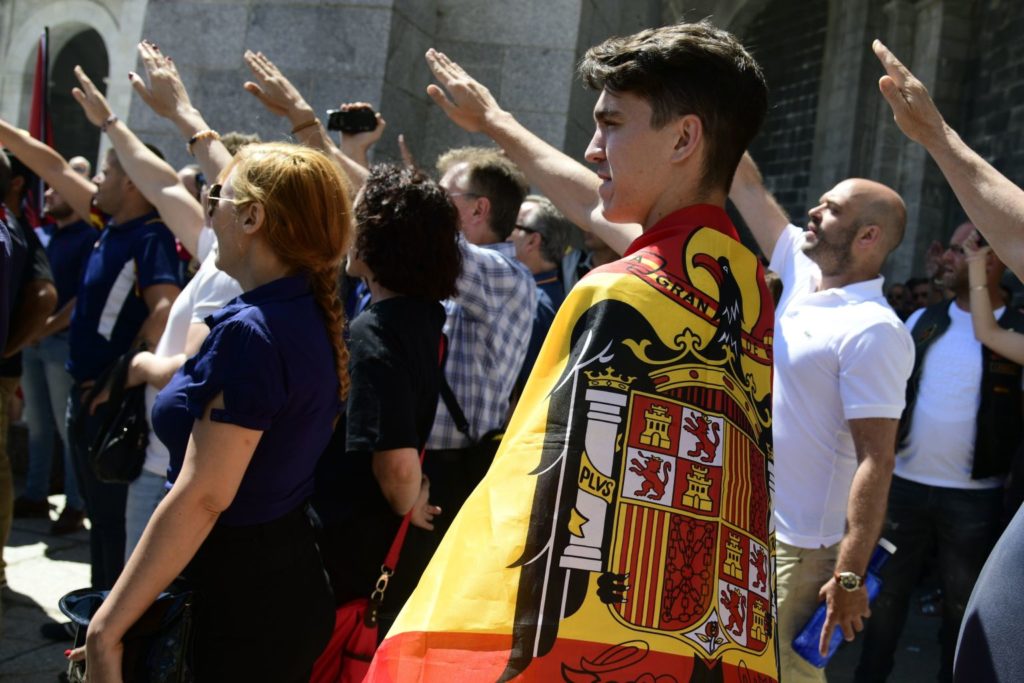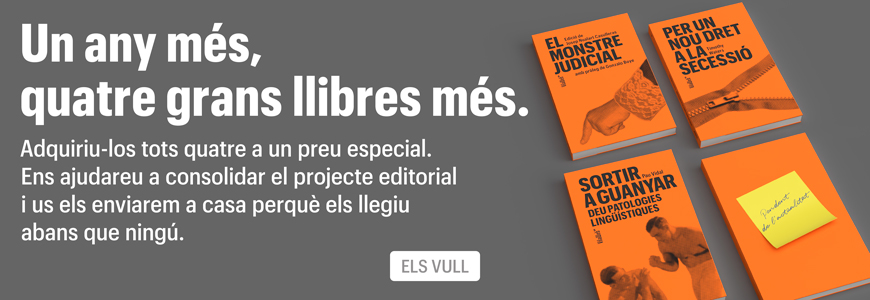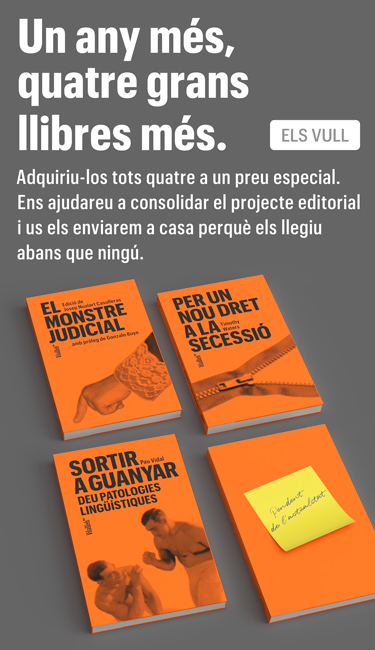01.08.2018 - 01:55
Francisco Franco ran Spain with an iron fist for decades—and created myths about his rule that are only now starting to come undone.
BY OMAR G. ENCARNACIÓN | JULY 27, 2018
Last month, within days of taking office, Spanish Prime Minister Pedro Sánchez announced his government’s intention to exhume the remains of Francisco Franco, the strongman who ruled Spain from the end of the Spanish Civil War in 1939 until his death of natural causes in 1975. Expected to take place before the end of the summer, the exhumation plan calls for transferring Franco’s remains to a location yet to be determined. Just as controversial is Sánchez’s proposal to transform the remains’ current resting place, the Valle de los Caídos (the Valley of the Fallen), into a memorial for the victims of the Civil War and Franco’s dictatorship.
El Valle, one of Europe’s largest and most imposing public monuments (the entire complex, often derided for its fascist theatricality, includes a basilica, a Benedictine abbey, and a cross rising some 500 feet that is visible from over 30 miles away), was inaugurated by Franco himself in 1959 to mark the 20th anniversary of his victory in the Civil War. Virtually untouched since Franco’s embalmed body was interred there, the monument is a veritable shrine to Francoism and an obligatory pilgrimage for Franco’s defenders. In recent weeks, the most devout of these defenders have taken to the streets of Madrid chanting, “El Valle no se toca” (Don’t touch the valley).
To outside observers, the news of Franco’s exhumation and the controversy around it give rise to obvious questions: Why was Franco spared the popular infamy at home accorded to fellow fascist leaders Adolf Hitler and Benito Mussolini? And why is the status quo about how Franco has been memorialized since his death getting upended now? Answering these questions requires delving into the peculiarities of how Spain became a democracy in the late 1970s and the unusual choices about the country’s dark and painful history made by the politicians and the public as part of the democratic transition.
Much about Franco’s fate, both materially and figuratively, in the period after his death is due to the fact that the transition to democracy in Spain left very little room for justice and accountability toward the old regime. Unlike its sister dictatorship in Portugal—the António de Oliveira Salazar regime—which was uprooted by a popular uprising, the Franco regime was reinvented from the inside out as a democracy by a process of political reform spearheaded by a young King Juan Carlos. Although the king had promised Franco to carry on with “Francoism without Franco,” after the death of the dictator—and responding to the popular clamoring for democracy—he went back on his word and put Spain on the path to democracy by calling for free elections in 1977.
The democratic reinvention of the Franco regime meant that the losing side of the Civil War—the Republicans, a mostly leftist coalition of liberals, communists, socialists, and anarchists that resisted Franco’s assault on the popularly elected Second Republic—never got the chance to make Franco pay for his political sins. In what historians have referred to as the “Spanish Holocaust,” as many as 200,000 political dissidents were executed by Franco’s militias; an additional 400,000 were imprisoned in jails and concentration camps established by Franco after the end of the Civil War, where many died of malnutrition and starvation. An unknown number of prisoners were forced into virtual slavery to aid in the postwar reconstruction effort, including building El Valle. Some 500,000 people fled Spain as political refugees.
As part of the political negotiations that allowed for a swift and orderly transition to democracy, politicians from across the ideological spectrum agreed to a “pact of forgetting” that was institutionalized with a broad amnesty law, enacted just before the 1977 elections. This was “amnesty for everyone” as one politician put it, since it included anyone who had ever committed a political offense prior to 1977. Despite bearing the brunt of Franco’s repression, the left was eager to support this pact. It helped conceal the left’s political sins, especially the so-called Red Terror, the wave of killings that left anywhere from 20,000 to 70,000 Francoist supporters dead, including some 2,000 clergy, many of them later beatified by the Pope as Civil War martyrs.
An important reason why the politicians were able to let bygones be bygones was the complicity of the public. At the heart of this complicity is the ambivalence that many Spaniards feel toward the Franco regime. Polling data gathered in 2008 by Madrid’s Center for Sociological Research, a government research center, showed that a majority of the public acknowledged that Franco did “both good and bad things.” This data also showed the public opposed to the prosecution of former Franco officials and lukewarm about a truth commission to assign responsibility for the Civil War. And no national organization demanding accountability against the old regime emerged until the movement for the recovery of the historical memory began to gain steam in the early 2000s.
Spanish society’s complicity in silencing the past did not develop in a vacuum. In the wake of Franco’s death, fears of another civil conflict and another dictatorship were widespread. Less apparent is the intense process of political socialization that the public endured under the dictatorship. The Franco regime encouraged silence about the Civil War, which accounts for why Spaniards who lived through the war have very few recollections of this event being discussed at home, in schools, or in the workplace. After the end of the Civil War, Franco and his allies also began to promote numerous myths about the war and the regime—aided by a vast propaganda machine, including press reports, films and documentaries, and school textbooks—that in the post-transition period have done wonders to discourage any revisiting of the past.
Among the popular myths of the Civil War is that of shared responsibility, which holds both sides of the conflict equally at fault. It conveniently overlooks the fact that in 1936, Franco overthrew a popularly elected government. Another popular myth is “collective madness,” which absurdly theorizes that Spaniards lost their minds and began killing each other for no logical reason. Yet another popular narrative is to blame foreign ideological influences, especially anarchism. In this view, Spain is cast as a victim of outside forces. Nothing, however, trumps the salvation theory, the view that Franco’s uprising in 1936 saved Spain from the chaos and violence of the Second Republic. This outrageously cynical reading of history ignores both the chaos and violence that Franco inflicted on Spain, and that whatever degree of peace Franco was able to bring to the country was purchased with the lives of close to 1 million people.
The salvation theory was boosted by the political stability that Spain enjoyed after 1959—after all those in opposition to Franco had been either killed or forced into exile—and by an economic “miracle” that began to unfold in the early 1960s and lifted millions of Spaniards from abject poverty to the ranks of the middle class. Paradoxically, this very success undermined the salvation theory by blurring the memory of the Civil War and the misery of the postwar years. Thus, by the 1960s, the notion of the Franco dictatorship as a modernizing regime was born, with socioeconomic progress as the regime’s new rationale for its existence. In the post-transition era, this last regime reinvention has allowed Franco’s defenders to claim that the dictatorship paved the way for the successful democracy that Spain is today.
It was not until 2007, with the enacting of the Historical Memory Law by the Socialist administration of José Luis Rodríguez Zapatero, that the Civil War myths promoted by the Franco regime began to be seriously questioned. The law declared the Franco government illegitimate; called for the removal from public view of public monuments honoring the Franco regime, save for those with historical significance; provided financial compensation to those victimized by the Franco regime; restored Spanish citizenship to the Republican exile community; and created a center for the study of the Civil War in the city of Salamanca. Propelling the law was a new generation of Spaniards curious about the Civil War and no longer traumatized by the memories of the past, including Zapatero, the grandson of a military captain executed by a Francoist brigade for refusing to join the rebellion against the Republican government.
Sánchez, another Socialist leader too young to have been affected by the Francoist socialization of Spanish society and to have partaken in the transition, is clearly following in Zapatero’s footsteps. Despite protests by right-wing groups, there is relatively little risk for Sánchez in exhuming Franco’s remains. The conservative opposition Popular Party, which fiercely opposed the 2007 Historical Memory Law, is in disarray, having been unceremoniously ousted from power in June after a no-confidence vote and fighting a challenge from the right by the Ciudadanos party. The Spanish Bishops’ Conference, which has a say over any tinkering with El Valle due to the monument’s status as a religious site, is staying neutral on the exhumation. Franco’s relatives are not objecting, noting that Franco never expressed any desire to be buried at El Valle. Their only disagreement is what to do with the remains.
Most important, 56 percent of the public is in favor of the exhumation. This signals how much further along the public is on the issue of the past than when the 2007 Historical Memory Law was enacted. At that time, 52 percent of the public thought it best to leave Franco’s remains undisturbed. This shift in public opinion reflects, in no small measure, the success of the memory law in breaking the taboo of legislating the memory of the Civil War and in making the public more aware about the human rights abuses of the old regime. In 2011, Spain was shaken by allegations that under Franco some 300,000 babies were stolen from “undesirable” parents and sold to “approved” families. Operated by a sinister network of nuns, priests, and doctors, the trafficking began in the 1930s to “save” the babies from their “red” parents, but it later grew to include “morally deficient parents.” It lasted into the 1980s, when adoption laws were revised.
Not surprisingly, many see political calculation in Sánchez’s decision to exhume Franco, including a bid to improve his reelection chances by energizing left-wing voters. Indeed, the exhumation fits well within Sánchez’s strategy of recasting Spain as a modern, forward-looking, liberal state. This recasting is a not-too-thinly veiled appeal to progressive voters nationwide, but especially in the restive region of Catalonia, where the claim that Spain (and the central administration in Madrid in particular) is backward-looking and wedded to the past has been a rallying cry in the region’s drive for independence.
But whether an act of political opportunism or not, moving Franco’s remains out of El Valle would be one of most consequential decisions made by any Spanish premier in the post-Franco era. Aside from allowing for the creation of an appropriate memorial to the victims of the Civil War, the exhumation would clear the way for many of the things that the international human rights community, including the United Nations’ Committee on Enforced Disappearances, has for years been demanding from Spain, especially state support for the exhumation and proper burial of those in thousands of Civil War-era mass graves found all over the Spanish territory—the majority of them Republican. Ironically, it is the political stability created by the silencing of the past after Franco’s death that today allows Spain to undertake these painful tasks.
Omar G. Encarnación is a professor of political studies at Bard College and author of Democracy Without Justice in Spain: The Politics of Forgetting.
More: Foreign Policy



